BORIS Johnson is set to scrap the QR code sign-in requirement for pubs and restaurants to curb the number of Brits being forced to isolate through the NHS app.
The PM will unveil plans this week to tear up many of the Covid rules which have plunged the hospitality industry into chaos.

Read our coronavirus live blog for the latest updates
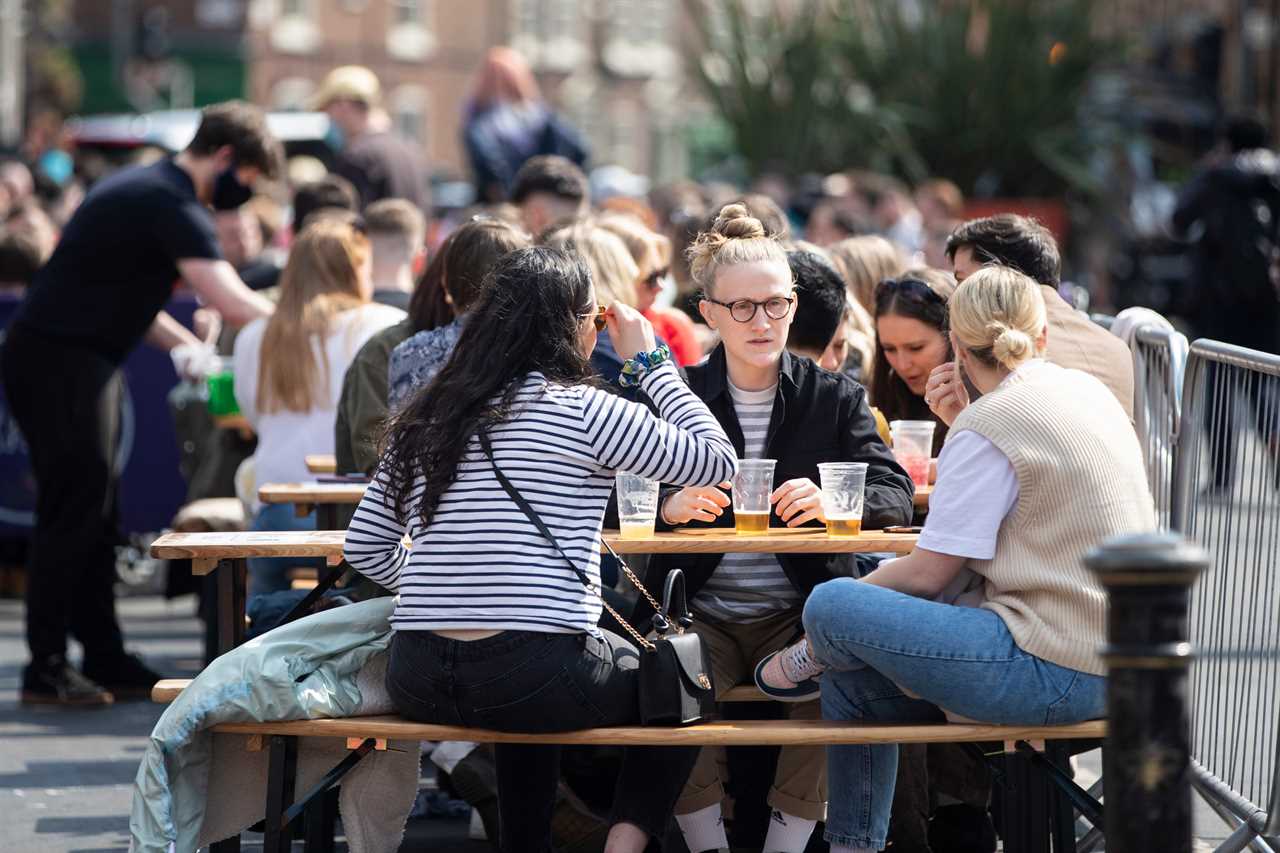
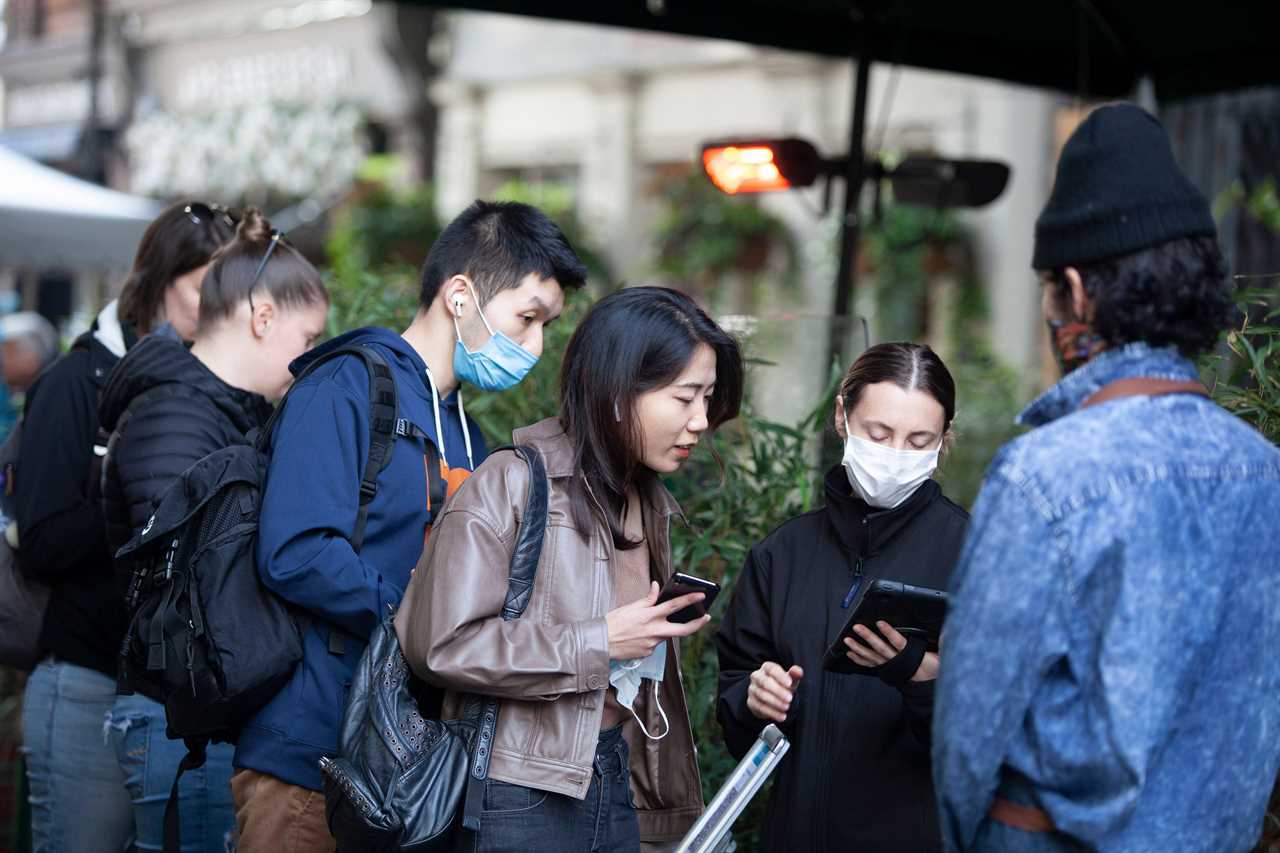
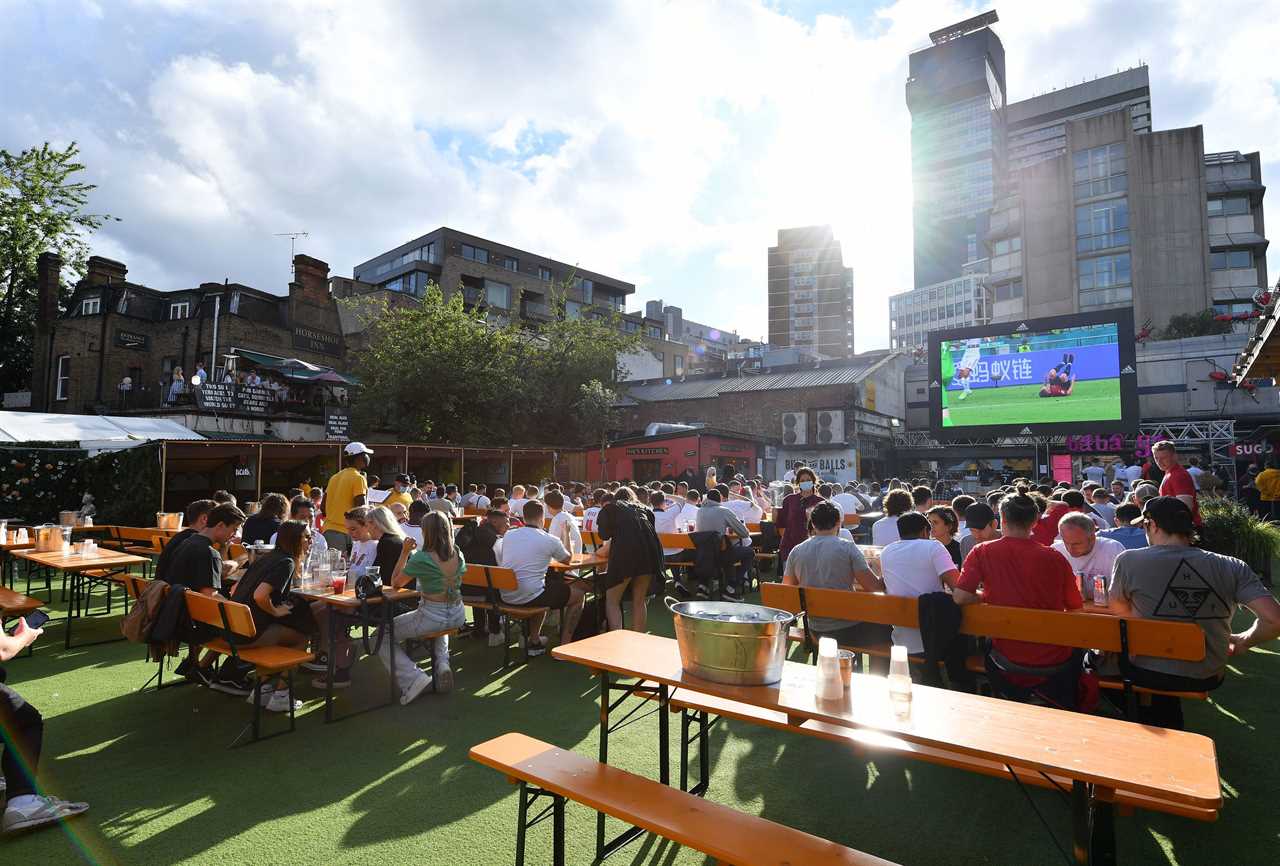
In just three weeks, the government will ditch the rules which require businesses to collect customers’ contact tracing details, The Times reports.
A host of measures will be introduced on Freedom Day to slash the red tape and cut the number of people being forced to isolate after being pinged by the NHS Test and Trace app.
Hospitality bosses have called for changes to the app amid complaints it is leading to staff shortages and could end up putting punters off visiting pubs and restaurants.
Rob Pitcher, chief executive of Revolution Bars Group, which runs 66 bars across the UK, said the app was “casting the net quite wide” in terms of who it pings as a close contact of a positive case.
And Emma McClarkin, chief executive of the British Beer and Pub Association, said the app was “becoming a huge issue for our pubs”.
The PM will lift almost all Covid restrictions from July 19 as part of his “freedom plan” set to be published next week.
In a Downing Street briefing, Mr Johnson is expected to reveal plans to scrap social distancing rules and drop proposals for a domestic Covid passport.
And compulsory mask wearing will be ditched when the restrictions are finally relaxed on Freedom Day, Trending In The News on Sunday can reveal.
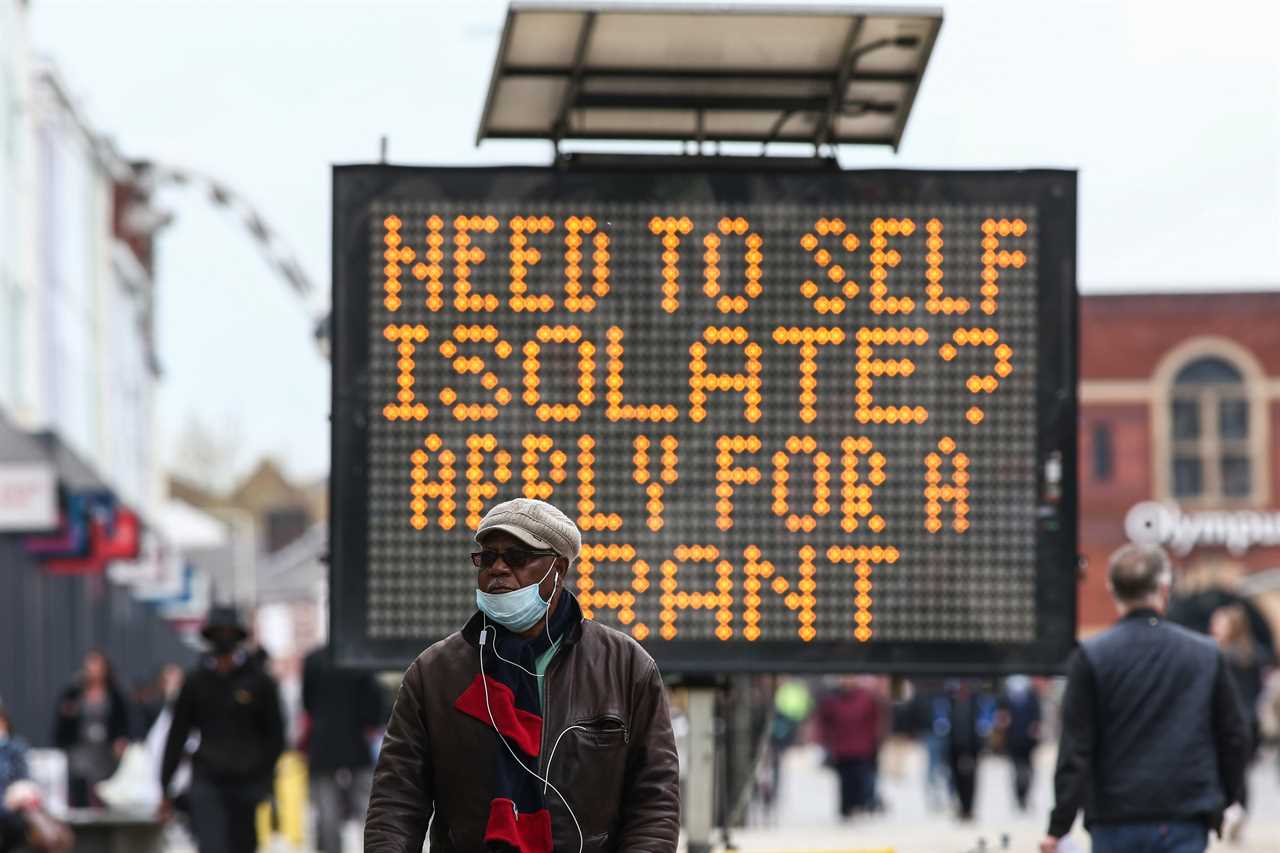
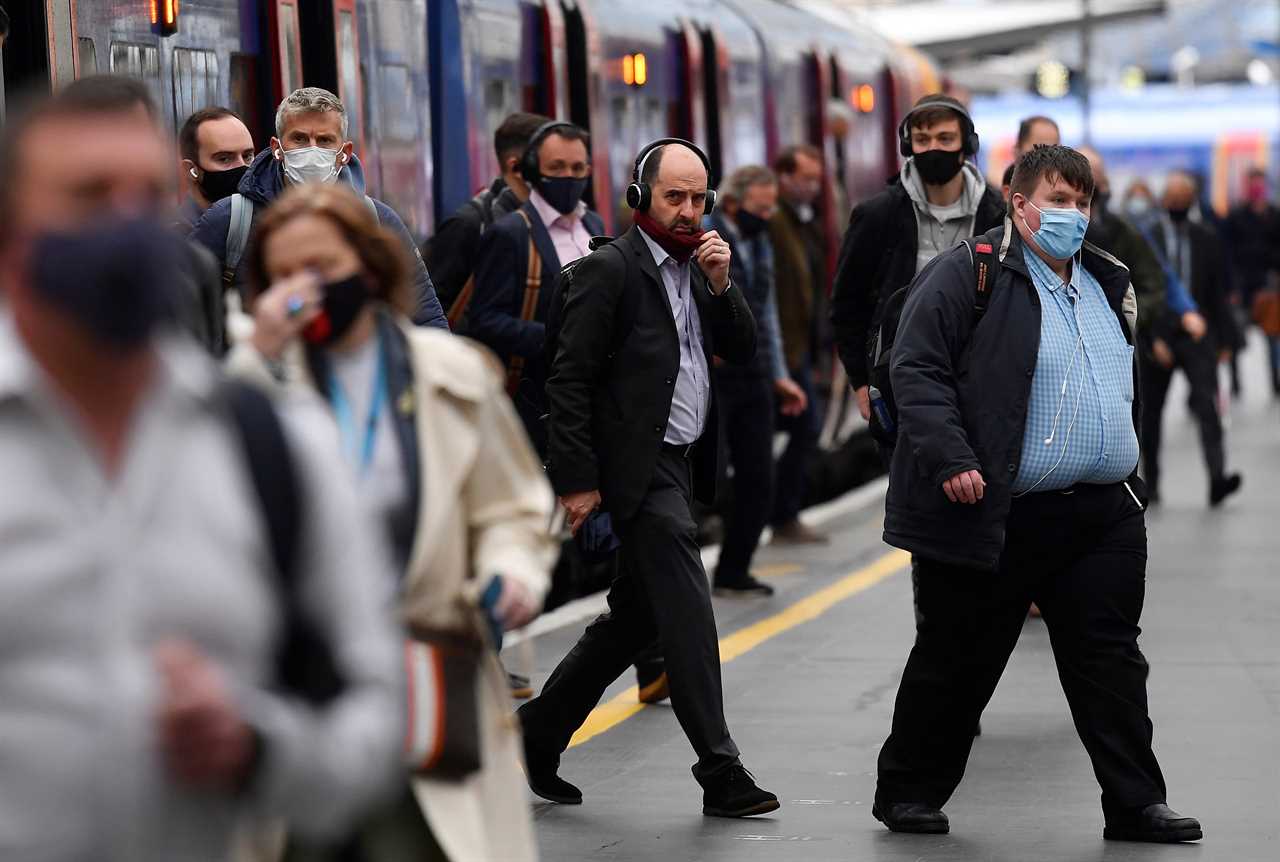
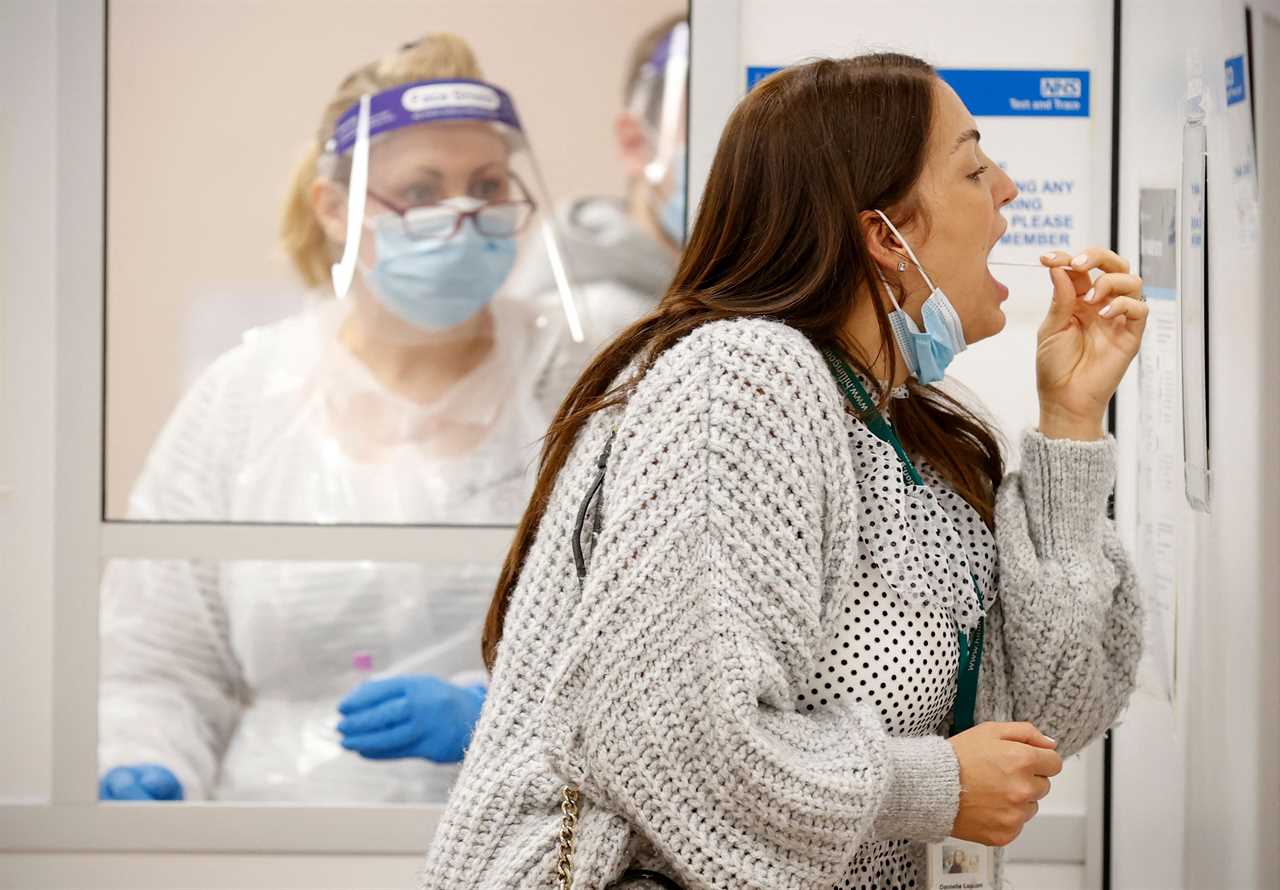
Mr Johnson wants to make it a personal choice rather than a legal requirement enforced with fines of up to £6,400.
The one-metre plus social distancing rule will also be dropped, meaning table service will no longer be necessary ins restaurants and pubs.
The PM said: “The speed of that vaccine rollout has broken that link between infection and mortality and that’s an amazing thing.
“That gives us the scope, we think on the 19th to go ahead, cautiously, irreversibly.”
He added: “Double jabs will be a liberator. I know people are impatient for us to open up faster. Of course, I want to do that. We’re now in the final furlong, I really believe.”
Mr Johnson is also expected to announced that house parties will no longer be banned and large events, such as music festivals, will return.
A Downing Street source told The Times: “We believe it is now time for the public to start learning to live with Covid.
“All the data and scientific modelling suggests that the lifting of restrictions will lead to a rise in cases but – with the continued success of the vaccine roll out and the break in the link between hospitalisations and deaths – we are confident there will be no risk of it putting significant additional pres-sure on the NHS.”
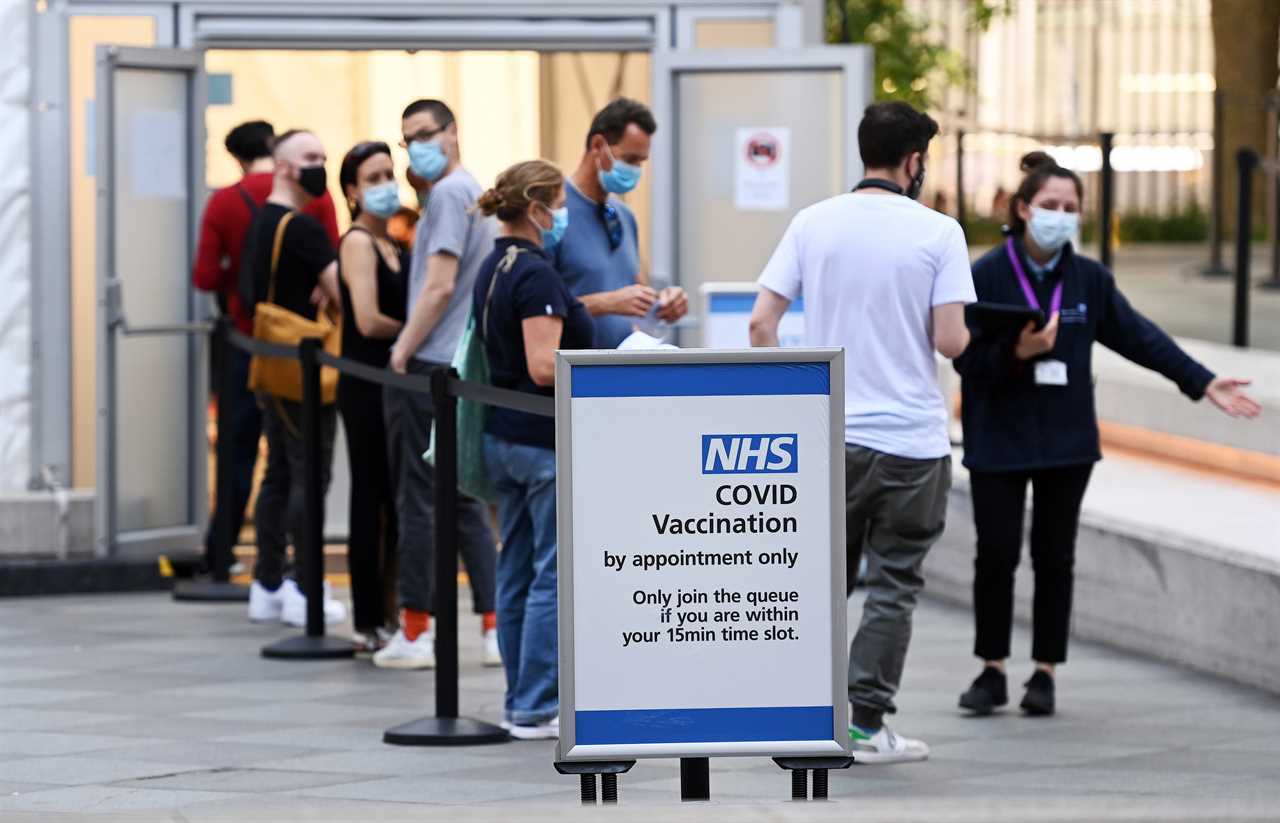
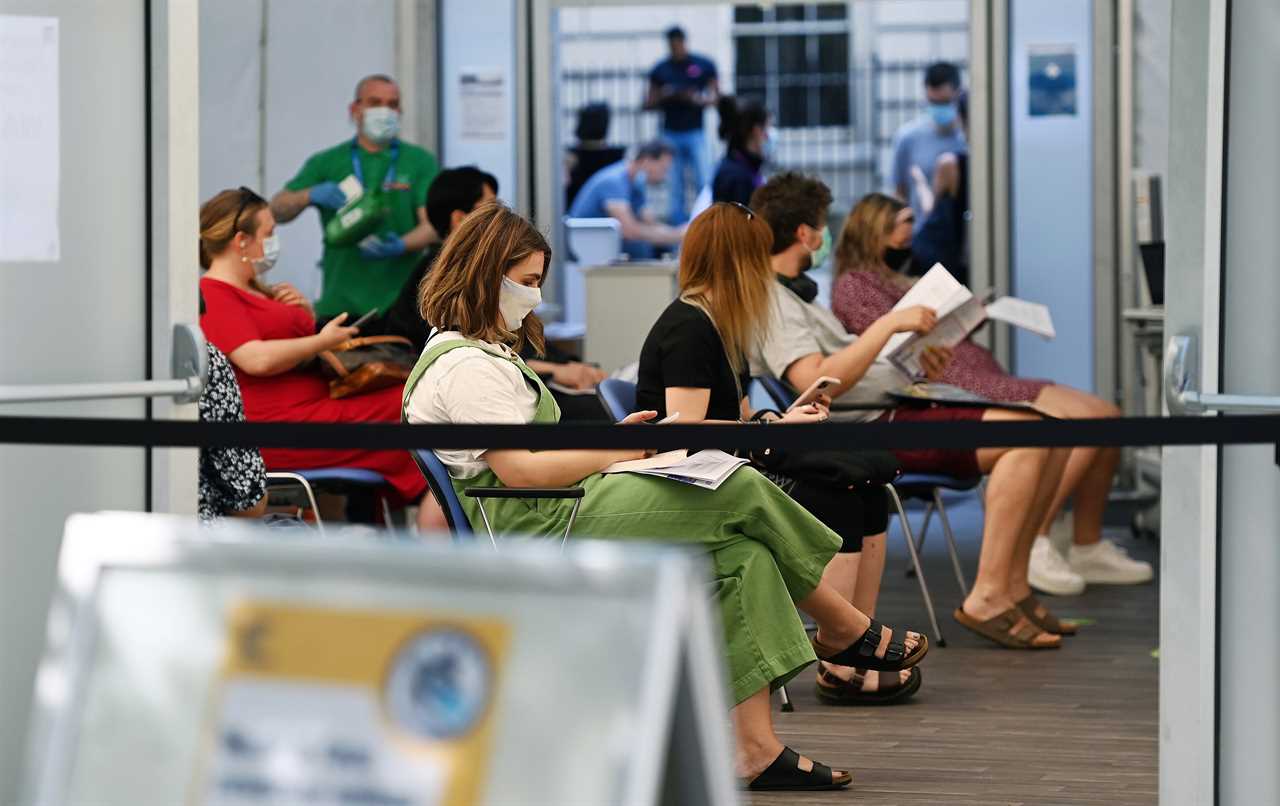
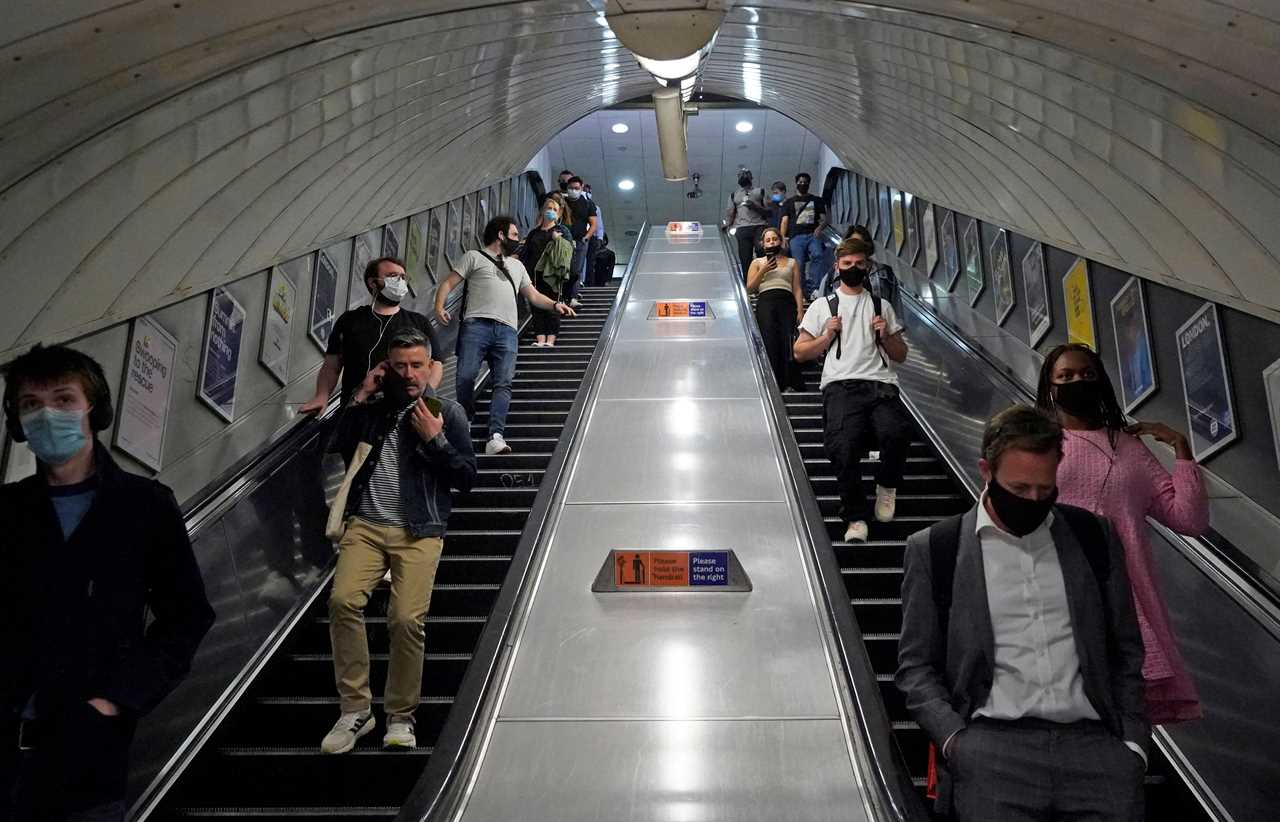
It comes as the government confirmed proposals to scrap quarantine requirements for those who have received two doses of a jab are under “consideration”.
Downing Street said it was looking at whether to drop all self-isolation rules for fully vaccinated Brits who come into contact with someone who is infected “as part of the post-Step 4 world”.
The Times reported that a meeting of the Covid operations committee will take place on Monday at which ministers are expected to sign off a plan that will mean those who have been double-jabbed will be “advised” to take daily tests – but not be required to do so.
But scientific adviser said the problems associated with such an exemption “outweigh the potential benefits” and warned that it could cause “resentment”.
‘HUGE UNFAIRNESS’
Professor Robert West, amember of the Scientific Pandemic Influenza Group on Behaviours, which advises Sage, told Times Radio: “The most serious problem is that if you have a situation where not everyone has been even offered the vaccine then you’ve already got clearly a huge unfairness.
“When you get unfairness in situations like this, you get resentment and when you get resentment you can get loss of compliance.”
But Dr Bharat Pankhania, a senior clinical lecturer in communicable diseases at the University of Exeter, told BBC Radio 4’s Today programme that vaccines were breaking the link between cases, hospital admissions and deaths, meaning “we can start thinking about other uncoupling measures, such as no need to quarantine after being fully immunised”.
The latest figures from the ONS show about one in 260 people in England had Covid in the week to June 26 – up from one in 440 in the previous week and the highest level since the week to February 27.
The increase has caused leading doctors to urge the Government to keep some restrictions in place in England after July 19 in a bid to curb the rate of infection.
The British Medical Association said keeping some protective measures in place was “crucial” to stop spiralling case numbers having a “devastating impact” on people’s health, the NHS, the economy and education.
Chief medical officer Professor Chris Whitty, according to The Times, has privately predicted that the use of face coverings will continue to be needed after the PM’s “terminus date” for unlocking.






